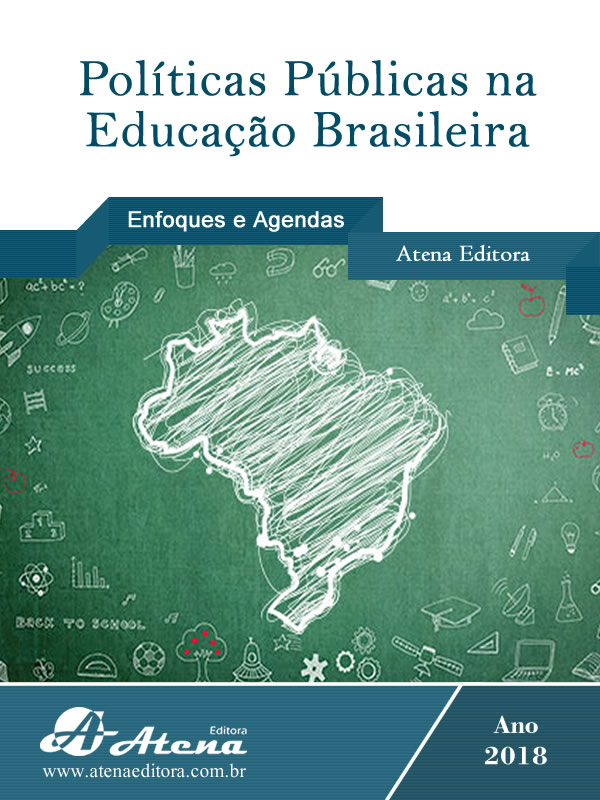
GESTÃO DEMOCRÁTICA E PARTICIPATIVA: INSTRUMENTO DE CONSTRUÇÃO DE UMA EDUCAÇÃO DE QUALIDADE
O presente artigo tem como objetivo principal analisar como se desenvolve
a gestão na escola municipal Borges de Sousa da cidade de Picos-PI, verificando qual
o grau de envolvimento da comunidade escolar interna na tomada de decisões, bem
como com os projetos e as atividades propostas pela gestão. Nesse contexto,
ressalta-se que a gestão educacional no século XXI precisa estar fundada nos
princípios democráticos, priorizando o diálogo, a participação e a descentralização
das decisões. Sendo assim, a escolha desse tema surgiu da necessidade de discutir
de modo mais aprofundado sobre o relevante papel da gestão escolar na construção
de uma educação de qualidade. Desse modo, a pesquisa trata-se de um estudo de
caso realizado em uma escola municipal da cidade de Picos-PI. Em relação à
natureza da pesquisa, é do tipo qualitativa. Como instrumento de coleta de dados foi
aplicado em novembro de 2015 um questionário a professores, vigias e zeladoras
da escola. Verificou-se que a gestão da escola investigada se preocupa em ouvir,
motivar e envolver sua equipe nas decisões, atividades e projetos que são
desenvolvidos, o que repercute no modo como a equipe colabora com o que é
proposto pelos gestores e que contribui com a oferta de uma educação significativa
na escola. Entretanto, nota-se que a escola, bem como o trabalho da gestão,
apresenta algumas fragilidades que precisam ser repensadas e rediscutidas visando
à oferta de uma educação cada vez mais de qualidade para a comunidade.
GESTÃO DEMOCRÁTICA E PARTICIPATIVA: INSTRUMENTO DE CONSTRUÇÃO DE UMA EDUCAÇÃO DE QUALIDADE
-
DOI: Atena
-
Palavras-chave: Gestão Escolar. Participação. Gestão Democrática.
-
Keywords: School Management. Participation. Democratic Management.
-
Abstract:
The main objective of this article is to analyze how the management of
the Borges de Sousa municipal school in the city of Picos-PI develops, verifying the
degree of involvement of the internal school community in decision-making, as well
as the projects and activities proposed by management. In this context, it must be
emphasized that educational management in the 21st century must be based on
democratic principles, prioritizing dialogue, participation and decentralization of
decisions. Therefore, the choice of this theme arose from the need to discuss in a
deeper way the relevant role of school management in the construction of a quality
education. Thus, the research is a case study carried out in a municipal school in the
city of Picos-PI. In relation to the nature of the research, it is of the qualitative type.
As a data collection instrument, a questionnaire was applied to teachers, watchmen
and custodians of the school on November 2015. It was verified that the
management of the investigated school is concerned with listening, motivating and
involving its team in the decisions, activities and projects that are developed, which
has repercussions in the way the team collaborates with what is proposed by the
managers and that contributes with the offer of a meaningful education in school.
However, it is noted that the school, as well as the work of the management presents
some weaknesses that need to be rethought and rediscussed aiming at the provision
of an increasingly quality education for the community.
-
Número de páginas: 15
- Maria Virlândia de Moura Luz
- Erivana D’Arc Daniel da Silva Ferreira
- Zélia Maria de Lima Pinheiro
- Maria Cláudia Paes Feitosa Jucá
- Rosiléa Agostinha de Araújo
- José Cleóstenes de Oliveira
- MARIA VIRLÂNDIA DE MOURA LUZ


